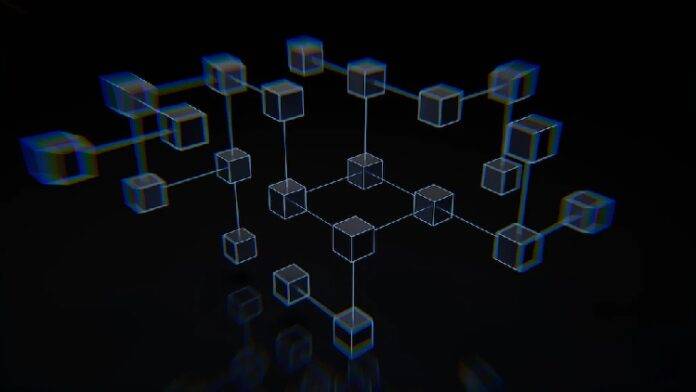We provide you with the latest breaking news and videos straight from the business.
The website www.fintechnews.org (referred to as "the Website") serves as a platform for sharing information and articles related to the fintech industry. The content published on the Website may include articles, opinions, or other forms of third-party contributions.
Please note that the views and opinions expressed in these articles are solely those of the respective authors and do not necessarily reflect the views of www.fintechnews.org or its affiliates. We do not endorse, support, or guarantee the accuracy, completeness, or reliability of any information or content provided by third-party contributors.
www.fintechnews.org shall not be held responsible for any loss, damage, or inconvenience arising from the use of or reliance on the information and content published on the Website. Users are advised to exercise their own judgment and discretion when interpreting and relying on the information provided.
Furthermore, www.fintechnews.org does not have any control over the content, quality, or legality of external websites or resources that may be linked to or referenced on the Website. Any access or reliance on such external websites or resources is done at the user's own risk, and www.fintechnews.org shall not be liable for any consequences or damages incurred.
We make every effort to ensure the accuracy and reliability of the content published on the Website. However, we cannot guarantee the timeliness, completeness, or suitability of the information provided. Users are encouraged to verify any information before making decisions based on it.
The inclusion of any advertisements, sponsored content, or links to third-party websites on www.fintechnews.org does not imply endorsement or recommendation by www.fintechnews.org. We are not responsible for the content, products, or services provided by these third-party entities.
By using the Website, you acknowledge and agree to the above disclaimer. If you do not agree with any part of this disclaimer, please refrain from accessing or using the Website.
This disclaimer is subject to change without prior notice. It is recommended to review this disclaimer periodically for any updates.
If you have any questions or concerns regarding this disclaimer, please contact us at info@fintechnews.org
Please note that the views and opinions expressed in these articles are solely those of the respective authors and do not necessarily reflect the views of www.fintechnews.org or its affiliates. We do not endorse, support, or guarantee the accuracy, completeness, or reliability of any information or content provided by third-party contributors.
www.fintechnews.org shall not be held responsible for any loss, damage, or inconvenience arising from the use of or reliance on the information and content published on the Website. Users are advised to exercise their own judgment and discretion when interpreting and relying on the information provided.
Furthermore, www.fintechnews.org does not have any control over the content, quality, or legality of external websites or resources that may be linked to or referenced on the Website. Any access or reliance on such external websites or resources is done at the user's own risk, and www.fintechnews.org shall not be liable for any consequences or damages incurred.
We make every effort to ensure the accuracy and reliability of the content published on the Website. However, we cannot guarantee the timeliness, completeness, or suitability of the information provided. Users are encouraged to verify any information before making decisions based on it.
The inclusion of any advertisements, sponsored content, or links to third-party websites on www.fintechnews.org does not imply endorsement or recommendation by www.fintechnews.org. We are not responsible for the content, products, or services provided by these third-party entities.
By using the Website, you acknowledge and agree to the above disclaimer. If you do not agree with any part of this disclaimer, please refrain from accessing or using the Website.
This disclaimer is subject to change without prior notice. It is recommended to review this disclaimer periodically for any updates.
If you have any questions or concerns regarding this disclaimer, please contact us at info@fintechnews.org
Contact us: info@fintechnews.org
©
Copyright 2019 · Fintechnews.org




















